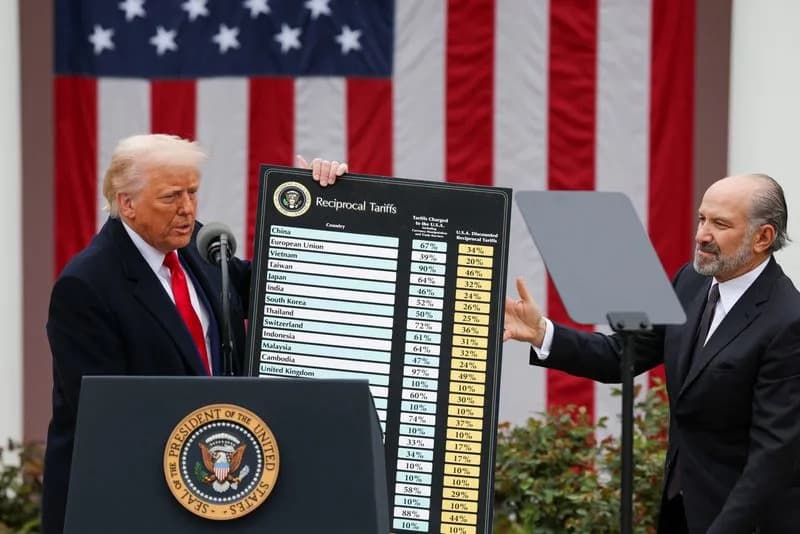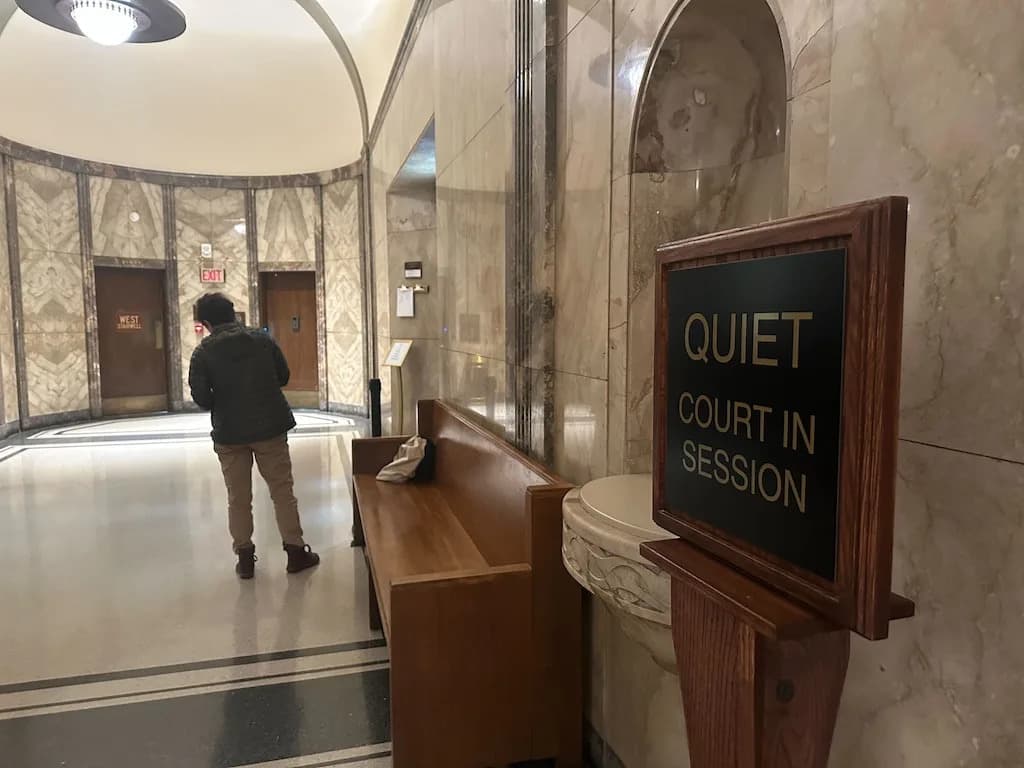Missouri has asked the U.S. State Department to notify China that it intends to pursue Chinese government-owned assets in the U.S. to satisfy a roughly $25 billion judgment tied to alleged hoarding of PPE early in the COVID-19 pandemic. The judgment stems from an accepted estimate of more than $8 billion in damages that was tripled under federal law and carries 3.91% interest until collected. Legal experts warn enforcement against a foreign sovereign is difficult, and China rejects U.S. jurisdiction. Attorney General Catherine Hanaway said the effort will be lengthy as her office compiles a list of potential target properties.
Missouri Asks U.S. to Help Seize Chinese Government Assets to Enforce $25B COVID Judgment

Missouri has intensified efforts to locate and potentially seize property owned wholly or in part by the Chinese government in the United States, asking the U.S. State Department to notify China that the state intends to pursue assets to satisfy a roughly $25 billion judgment tied to alleged conduct during the early months of the COVID-19 pandemic, state Attorney General Catherine Hanaway said.
The judgment grew from a federal court’s acceptance of Missouri’s estimate of more than $8 billion in past and projected damages related to alleged shortages of personal protective equipment (PPE). Under federal law the judge tripled that award and added 3.91% interest until it is collected, producing the roughly $25 billion figure Missouri now seeks to enforce.
Why Missouri is pursuing assets
State officials say the lawsuit alleges China hoarded respirator masks, gowns and gloves in the pandemic’s earliest weeks, harming Missouri residents and increasing public costs for health care and other services. Hanaway said her office believes the state was damaged and wants to recover the costs it incurred.
“We think the state was damaged. We want to recover,” Hanaway said. “It costs money to provide health care and other benefits to people as a result of the epidemic.”
Hanaway said her office is compiling a list of potential target properties, focusing on assets wholly owned by the Chinese government and on companies in which the Chinese government holds a significant stake. The State Department and the Chinese Embassy did not immediately respond to requests for comment.
Legal hurdles and international objections
Legal experts caution that enforcing a U.S. judgment against a foreign sovereign is legally complex. Federal law generally provides protections to foreign nations from suits in U.S. courts, and many countries vigorously defend the immunity of state-owned property.
China’s Ministry of Foreign Affairs has said its pandemic-era actions are not subject to U.S. jurisdiction and does not recognize the ruling. The Chinese government declined to participate in the trial, and earlier described the original lawsuit as “very absurd” when it was filed in 2020.
Procedural history
The case has followed an unusual path. In 2022, U.S. District Judge Stephen Limbaugh initially dismissed the lawsuit, concluding Missouri could not sue China or other defendants. An appeals court, however, revived one claim — that China hoarded PPE. Because Chinese officials did not respond to that revived claim, Judge Limbaugh accepted Missouri’s damages estimate, applied the statutory trebling provision and added interest.
The suit was filed originally by then-Attorney General Eric Schmitt, who later won election to the U.S. Senate. It was continued by Andrew Bailey, who resigned to take a federal post. Hanaway, a former U.S. attorney and former speaker of the Missouri House, inherited the matter after her appointment as state attorney general by Gov. Mike Kehoe.
Hanaway acknowledged the process is likely to be lengthy and legally contested. Even if Missouri identifies Chinese-government-linked properties, enforcing the judgment would face diplomatic, statutory and procedural barriers that could take years to resolve.
Help us improve.


































